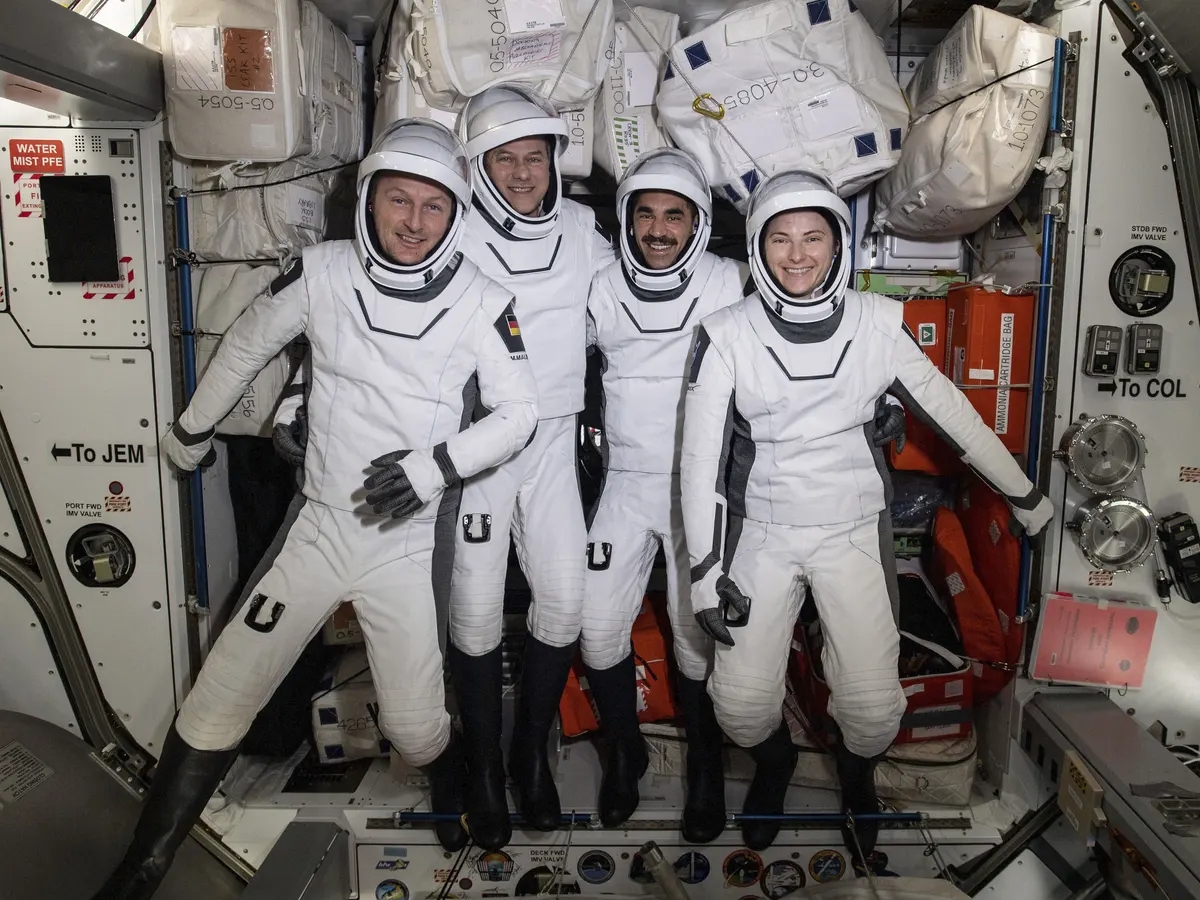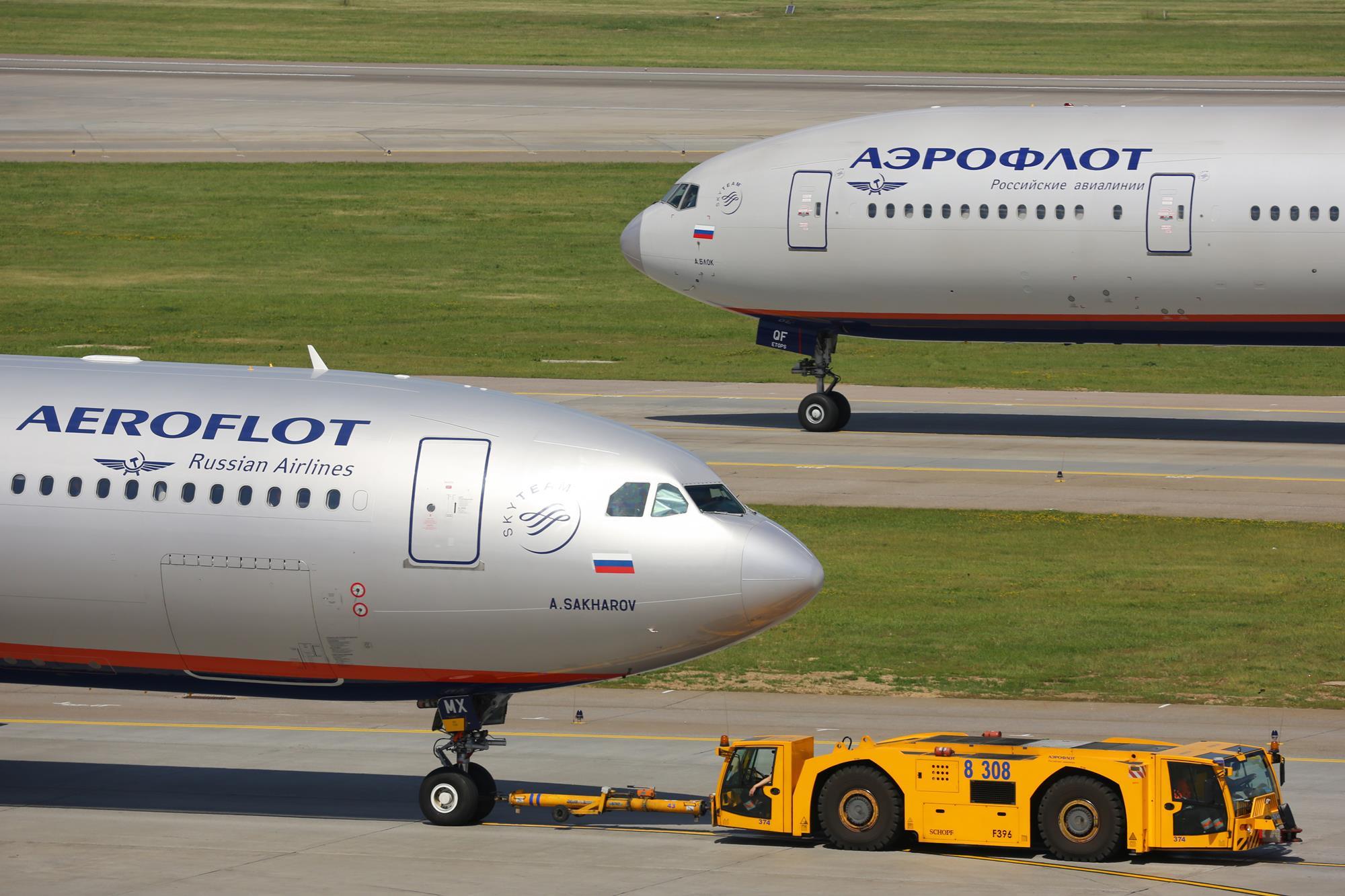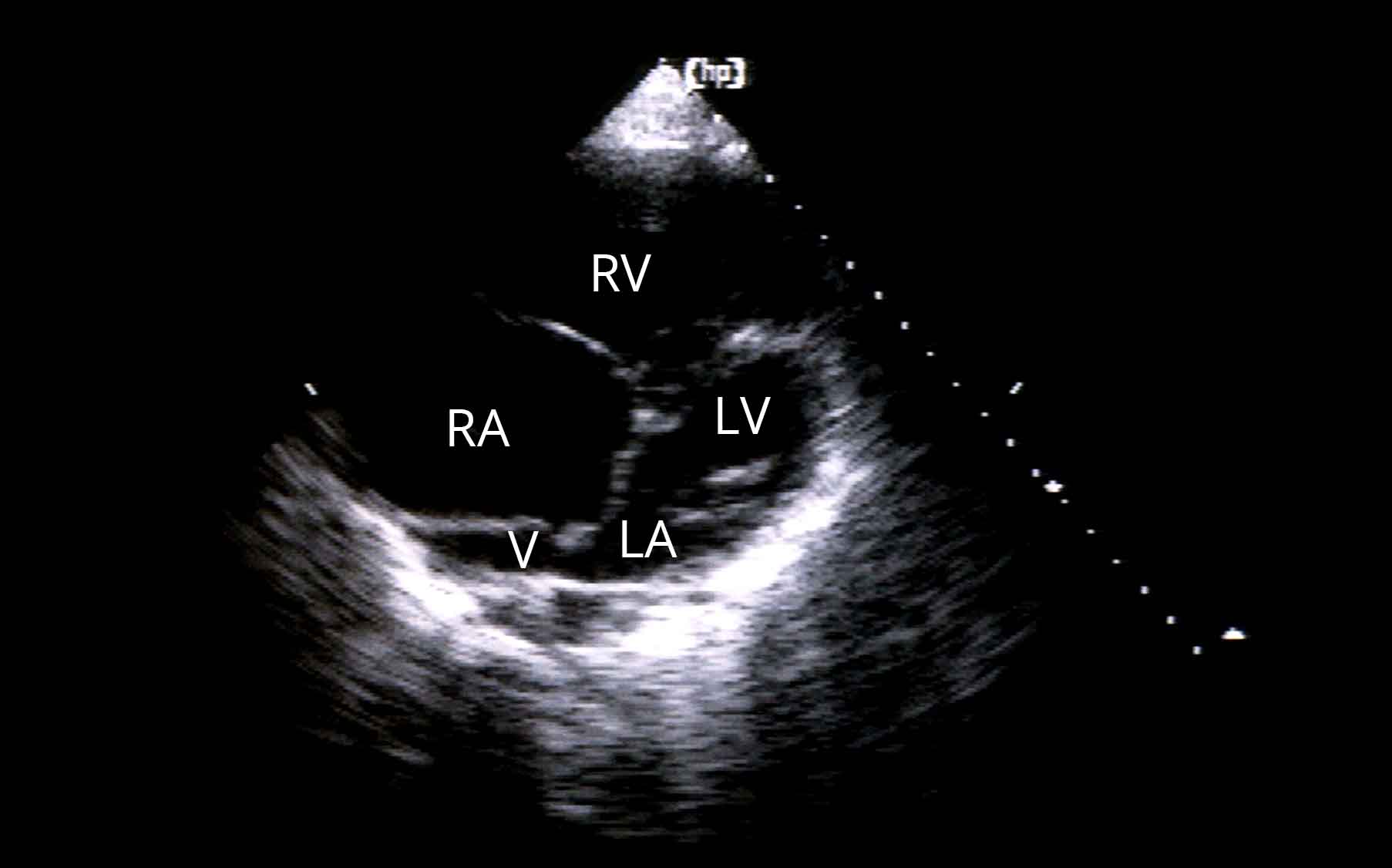
Astronauts, those brave explorers who venture into the depths of space, have always captivated our imaginations. They are the embodiment of human curiosity, pushing the boundaries of what is possible and making groundbreaking discoveries along the way. From their rigorous training regimens to their awe-inspiring missions, astronauts are truly remarkable individuals.
In this article, we will delve into the fascinating world of astronauts and explore 16 astonishing facts that will leave you in awe. From the mind-boggling distances they travel to the strange experiences they encounter while in space, these facts will give you a newfound appreciation for the incredible feats of these modern-day heroes.
Key Takeaways:
- Astronauts experience amazing changes in space, like growing taller and adjusting to unique living conditions. Their training and resilience help them adapt to the challenges of space travel.
- Astronauts gain a new perspective on Earth from space, appreciating its beauty and interconnectedness. They overcome physical and emotional challenges, showcasing the human spirit’s strength and adaptability.
Astronauts experience microgravity in space.
When astronauts venture into space, they enter an environment with microgravity, where the sensation of weightlessness exists.
Astronauts undergo rigorous training.
Before embarking on their space missions, astronauts go through extensive training programs that include physical fitness, simulations, and learning about various technical aspects of space travel.
Astronauts can grow taller in space.
Due to the absence of gravity compressing their spines, astronauts can actually gain a few centimeters in height during their time in space.
Astronauts wear spacesuits to protect themselves.
Spacesuits not only provide astronauts with oxygen and regulate temperature, but they also shield them from the harsh conditions of space, including extreme temperatures and micrometeoroids.
Astronauts have to adjust their taste buds in space.
Due to the changes in fluid distribution in their bodies, astronauts may experience a dulled sense of taste and rely on strongly spiced or flavored foods to compensate.
Astronauts can’t cry normally in space.
Without gravity, tears don’t fall from the eyes, so astronauts have to rely on a towel to wipe away any tears that accumulate.
Astronauts can’t burp or fart in space.
Without gravity, the gases in their digestive system don’t rise, causing astronauts to feel discomfort until their body adjusts.
Astronauts have increased muscle atrophy in space.
Without the constant resistance of gravity, the muscles in astronauts’ bodies begin to weaken and atrophy, requiring them to exercise for about two hours a day.
Astronauts communicate using a special hand signal.
In situations where verbal communication is difficult, astronauts use a specific hand gesture called the “Astronaut’s Hello” to indicate acknowledgement or gratitude.
Astronauts experience altered perception of time.
Due to the lack of day and night cycles, as well as the confinement of their spacecraft, astronauts often report a different perception of time, leading to adjustments in their daily routines.
Astronauts drink recycled urine and sweat.
In order to conserve water, astronauts have to drink their own recycled urine and sweat, which is purified using advanced filtration systems.
Astronauts face an increased risk of radiation exposure.
Outside the protection of Earth’s atmosphere, astronauts are exposed to higher levels of radiation, requiring them to take precautions and monitor their exposure.
Astronauts experience fluid redistribution in space.
Without gravity pulling bodily fluids down, astronauts’ faces appear puffy, and they may experience congestion and nasal stuffiness.
Astronauts need to use specially designed toilets.
In space, toilets are equipped with suction systems to ensure waste is properly contained and disposed of, preventing any potential contamination.
Astronauts have to sleep in a vertical position.
Due to the absence of gravity, astronauts sleep in sleeping bags that are attached to the walls of their spacecraft, allowing them to sleep in a more secure position.
Astronauts have a unique perspective on Earth.
From space, astronauts can witness the beauty of our planet with breathtaking views of continents, oceans, and the vastness of space, providing them with a profound appreciation for the fragility and interconnectedness of Earth.
Conclusion
All in all, astronauts are truly remarkable individuals who embark on extraordinary journeys into the vast reaches of space. From their rigorous training to the unique challenges they face, these brave men and women leave an indelible mark on human exploration and scientific advancement. The 16 astonishing facts about astronauts showcased here only scratch the surface of the incredible feats they have achieved. As we continue to push the boundaries of space exploration, we can only imagine what awe-inspiring discoveries and accomplishments lie ahead.
FAQs
Q: How long does it take to become an astronaut?
A: It typically takes several years of education, training, and experience to become an astronaut. The process involves obtaining a relevant degree, gaining work experience in a related field, undergoing physical and psychological evaluations, and completing rigorous training programs.
Q: How do astronauts eat in space?
A: Astronauts consume specially designed meals that are rehydratable and packaged in vacuum-sealed containers. These meals need to be easily consumed in a microgravity environment and provide the necessary nutrients to sustain their health and energy levels.
Q: How do astronauts sleep in space?
A: Astronauts sleep in small sleeping quarters equipped with straps to keep them from floating around. They attach themselves to the walls or floors of their sleeping quarters to prevent them from drifting. They also use special sleeping bags to keep themselves in place.
Q: Do astronauts experience homesickness in space?
A: While astronauts may miss their families and loved ones, they are generally highly focused on their mission and the tasks at hand. Additionally, they are in constant communication with their families through email, video calls, and special events.
Q: Can astronauts cry in space?
A: Yes, astronauts can indeed cry in space. However, due to the absence of gravity, tears do not fall as they do on Earth. Instead, tears gather around the eyes until they evaporate.
Q: How do astronauts exercise in space?
A: Astronauts exercise for about two hours a day to counteract the muscle and bone loss that occurs in microgravity. They use specially designed equipment such as treadmills, bikes, and resistance devices that create artificial gravity-like conditions.
Was this page helpful?
Our commitment to delivering trustworthy and engaging content is at the heart of what we do. Each fact on our site is contributed by real users like you, bringing a wealth of diverse insights and information. To ensure the highest standards of accuracy and reliability, our dedicated editors meticulously review each submission. This process guarantees that the facts we share are not only fascinating but also credible. Trust in our commitment to quality and authenticity as you explore and learn with us.


